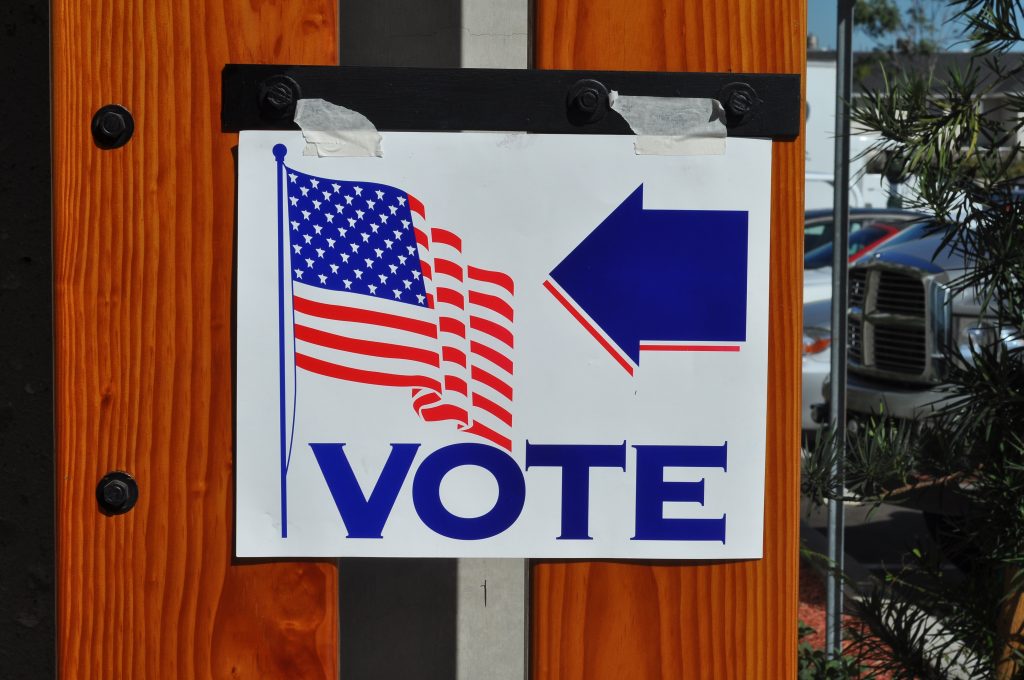Is It Time For Political Parties To Change Their Nominating Processes?
“Democracy was never meant to be a private club”


A couple months ago Democrats in Maine approved a change at their state convention that would abolish superdelegates by the next presidential election in 2020. Rep. Diane Russel (D-Maine) wrote the amendment that would establish Maine’s superdelegate votes to be allocated proportionally according to the popular vote, rather than each superdelegate having complete autonomy.
Russell wrote to the Democratic National Committee:
“We cannot in good conscience deny that there is a growing frustration amongst working and middle class people—well beyond Maine—with the tone-deafness of the elected representatives of the people’s party. We have always been the party of the hard-working, the voiceless, and the downtrodden; but by upholding the special privileges of superdelegates, we are betraying the people we fight for to service an unjust, archaic, and anti-democratic institution.”
Russell tells Detroit Today host Stephen Henderson she would like the DNC to also change its rules regarding superdelegates. She says since Maine approved the change, Democrats in about 20 states have considered similar proposals.
The Democratic nomination process consists of 717 superdelegates, consisting of party insiders, congressional members, and other elected officials. A superdelegate vote is equivalent to a pledged delegate. Pledged delegates vote the will of the voters.
“Certain people have more of a voice than others and I just don’t think that’s the way our nominating process should be,” says Russell.
Superdelegates were created in the 1980s as a mechanism to avoid insurgent candidates at the Democratic convention. Critics argue superdelegates are undemocratic, but some experts say they don’t subvert the will of the people.
“The superdelegates have never disagreed with the will of the democratic primary elected,” says Wayne State University Associate Professor of Political Science Jeff Grynaviski.
“What we saw in Maine… we tapped into an artery of frustration and anger that I didn’t expect,” says Russell. “Going after that system and abolishing it is an important step… Democracy was never meant to be a private club.”
Click on the audio above to hear the entire conversation.
